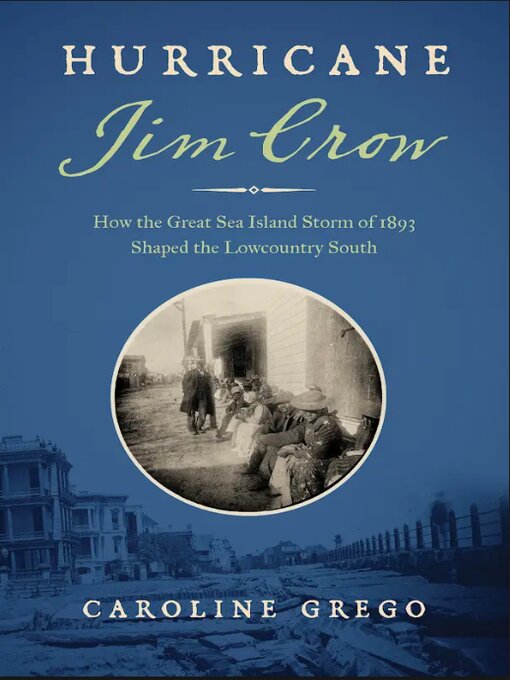-
Description
-
Details
This narrative history of a monumental disaster and its aftermath uncovers how Black workers and politicians, white landowners and former enslavers, northern interlocutors and humanitarians all met on the flooded ground of the coast and fought to realize very different visions for the region's future. Through a telescoping series of narratives in which no one's actions were ever fully triumphant or utterly futile,

Kindle Book
- Release date: October 14, 2024
OverDrive Read
- Release date: October 14, 2024
Open EPUB ebook
- File size: 20991 KB
- Release date: October 14, 2024
Formats
Kindle Book
OverDrive Read
Open EPUB ebook
subjects
Languages
English
This narrative history of a monumental disaster and its aftermath uncovers how Black workers and politicians, white landowners and former enslavers, northern interlocutors and humanitarians all met on the flooded ground of the coast and fought to realize very different visions for the region's future. Through a telescoping series of narratives in which no one's actions were ever fully triumphant or utterly futile,

-
Details
Publisher:
The University of North Carolina Press
Kindle Book
Release date: October 14, 2024
OverDrive Read
Release date: October 14, 2024
Open EPUB ebook
File size: 20991 KB
Release date: October 14, 2024
-
Creators
- Caroline Grego - Author
-
Formats
Kindle Book
OverDrive Read
Open EPUB ebook
-
Languages
English
Why is availability limited?
×Availability can change throughout the month based on the library's budget. You can still place a hold on the title, and your hold will be automatically filled as soon as the title is available again.
The Kindle Book format for this title is not supported on:
×Read-along ebook
×The OverDrive Read format of this ebook has professional narration that plays while you read in your browser. Learn more here.
